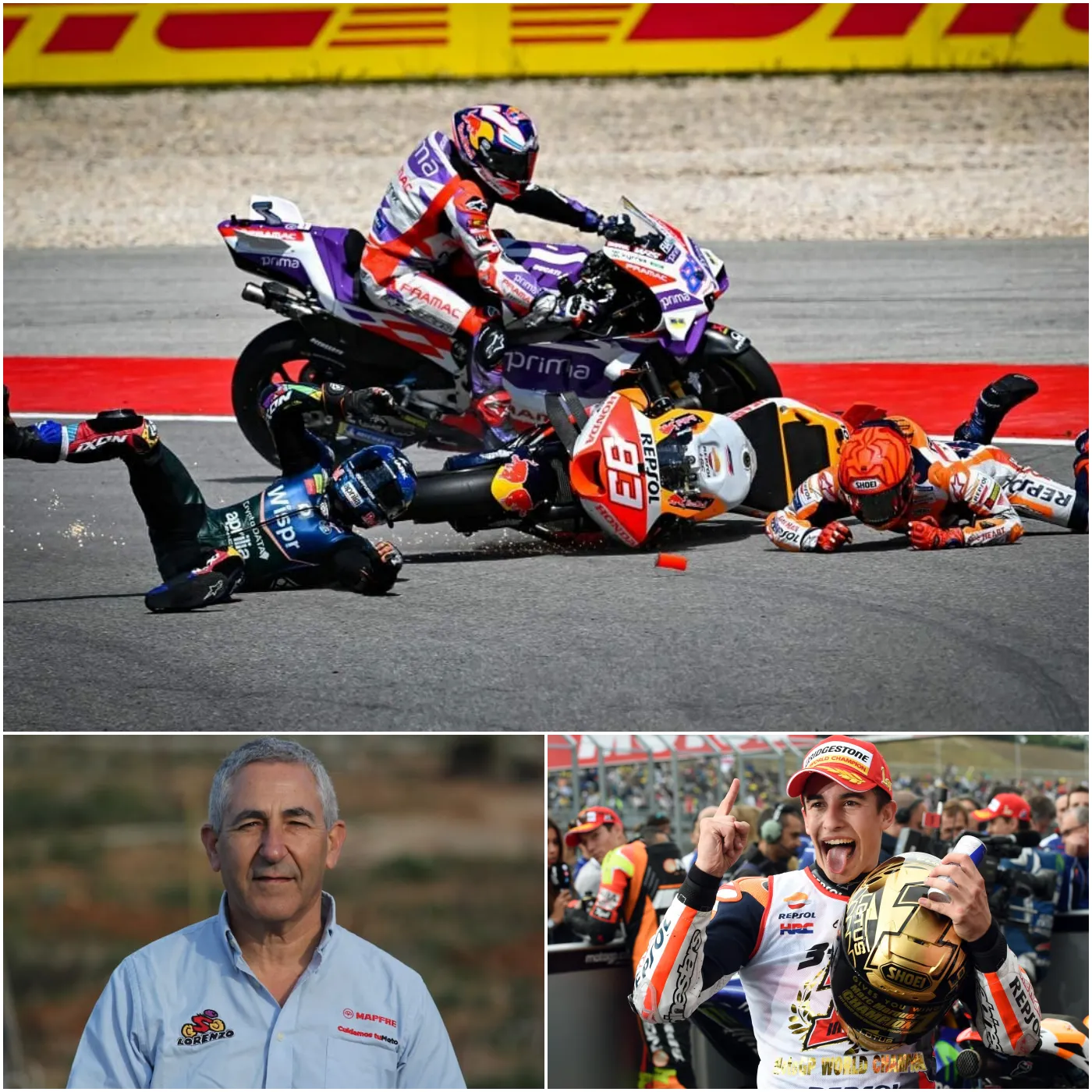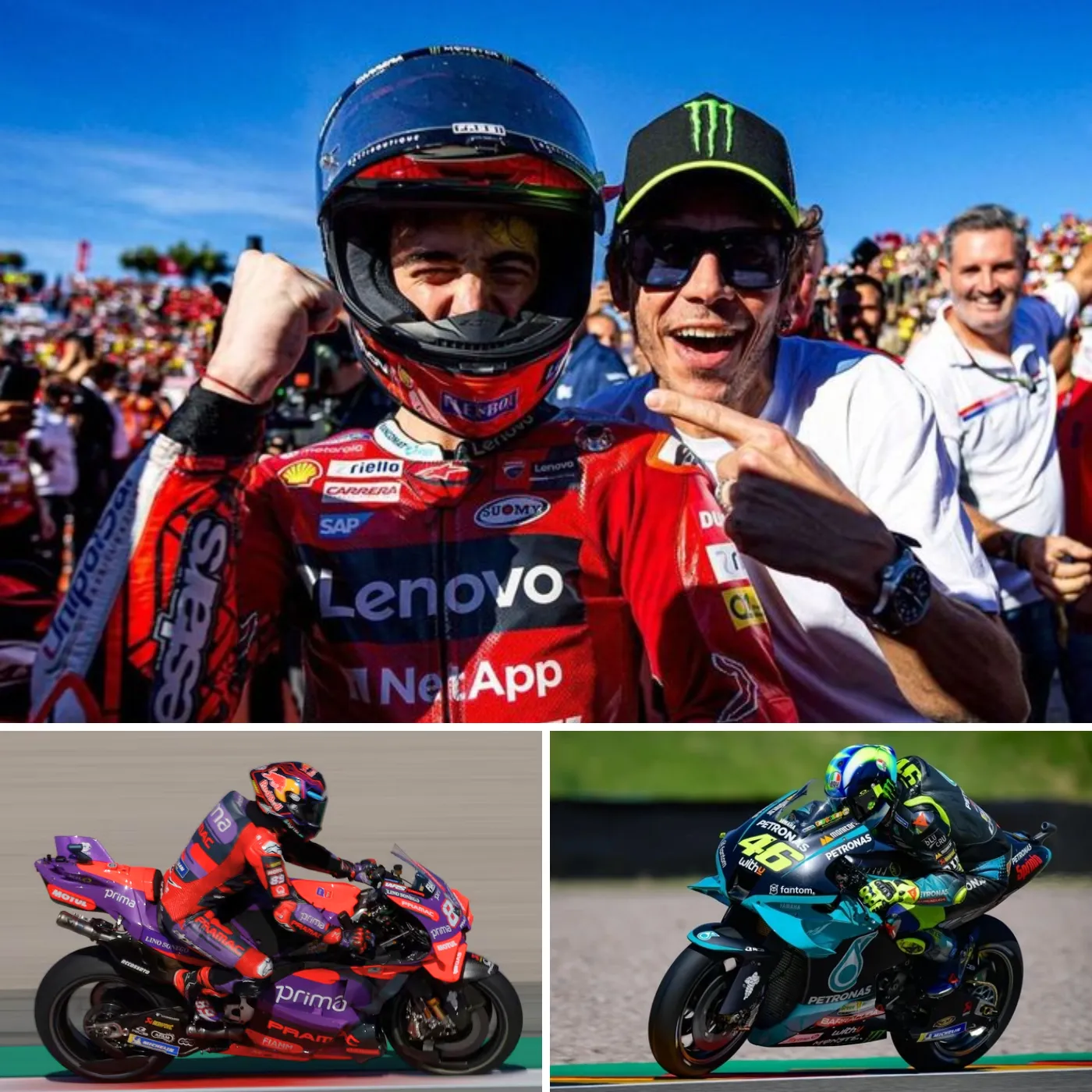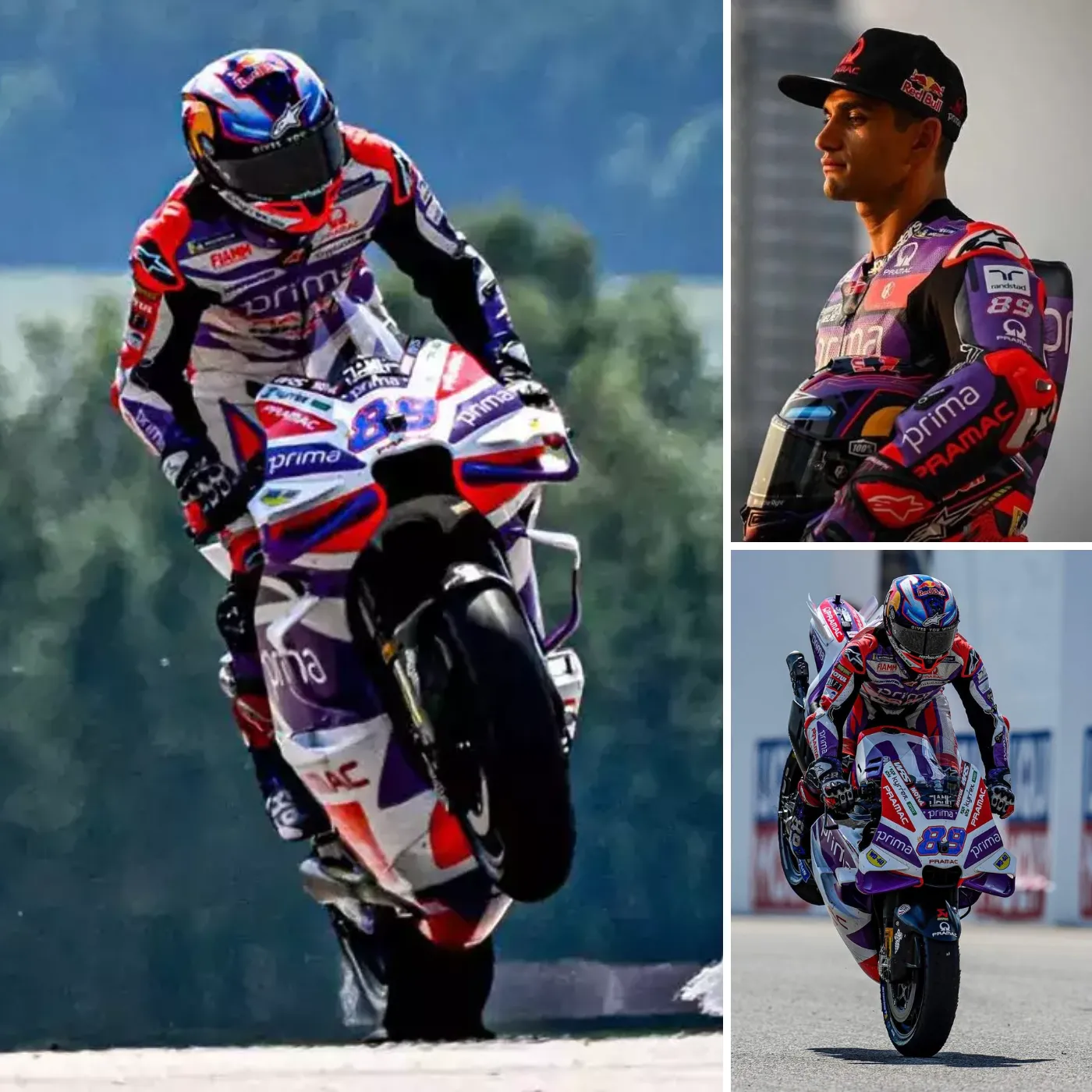The world of MotoGP has been rocked by a heated feud between two of its most prominent figures—Chicho Lorenzo and Marc Marquez. The Spanish riders, each with their own legacy in the sport, have exchanged sharp words that have left fans and pundits alike debating the fine line between competitive racing and dangerous behavior on the track. Lorenzo, a former champion, has accused Marquez of playing dirty, while the latter defends his aggressive riding style as essential for achieving success in MotoGP. This controversy is more than just a rivalry—it’s a reputation war that could have far-reaching consequences in the sport.
Chicho Lorenzo’s Strong Acusations Against Marquez
Chicho Lorenzo, the father of MotoGP rider Jorge Lorenzo, has been one of the most vocal critics of Marc Marquez’s riding tactics. In a recent interview, Chicho openly accused Marquez of using aggressive maneuvers that put other racers at serious risk. According to Lorenzo, Marquez’s style of racing, which often involves bold and sometimes controversial overtakes, is reckless and could have dangerous consequences for the safety of his competitors. He went on to argue that the sport should prioritize the safety of riders over the pursuit of victory at any cost.
Lorenzo’s accusations stem from a series of incidents where Marquez’s aggressive riding has led to on-track collisions and near misses. While these moments often stir up emotions in fans, Lorenzo believes that this approach is more than just part of the sport—it’s a deliberate strategy that disregards the well-being of fellow riders.
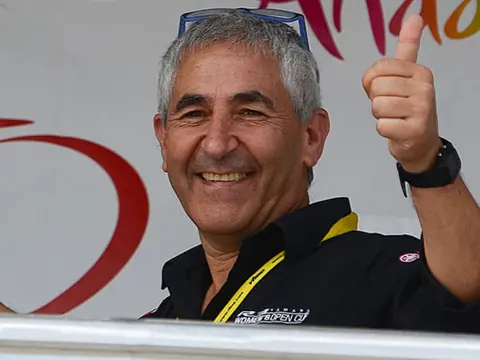
Marc Marquez’s Defense: A Necessary Tactic for Success
On the other side of the debate stands Marc Marquez, one of the most successful riders in recent MotoGP history. Marquez has fiercely defended his riding style, claiming that his aggressive tactics are crucial to his success on the track. According to the six-time world champion, MotoGP is an extremely competitive environment where every millisecond counts, and riders must take risks to secure victory. Marquez views his style as part of his winning formula and does not believe he should be criticized for doing whatever it takes to cross the finish line first.
Marquez has faced criticism in the past for his aggressive riding, but he has consistently maintained that he rides with the same passion and commitment as any other racer. While admitting that mistakes do happen, Marquez argues that in a high-stakes sport like MotoGP, aggression is not just acceptable—it’s necessary. For him, it’s all about pushing the limits and striving for excellence in a sport that demands uncompromising focus and precision.
The Fine Line Between Competition and Danger
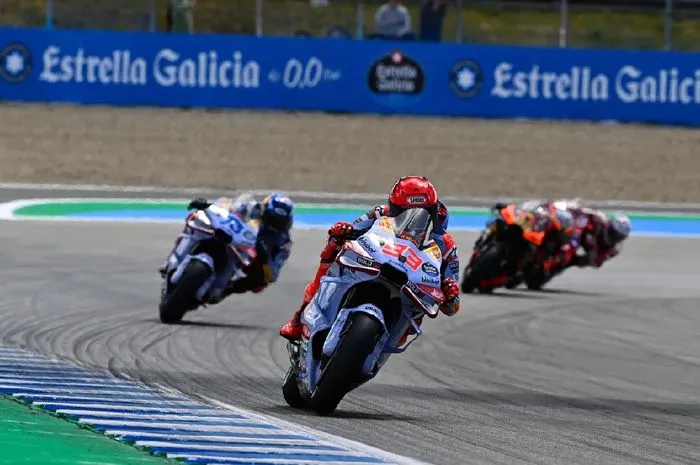
At the heart of this ongoing dispute is the fundamental question of where to draw the line between competitive racing and reckless behavior. In a sport like MotoGP, riders are constantly balancing the thrill of competition with the risks inherent in high-speed racing. Aggression can lead to spectacular victories, but it can also cause accidents and jeopardize the safety of everyone on the track.
The debate between Chicho Lorenzo and Marc Marquez raises important questions about the direction of MotoGP. Is it possible for riders to be aggressive without crossing into dangerous territory? Are there limits to what is acceptable in the pursuit of victory, or is the sport fundamentally about taking risks?
Conclusion: A Battle for Reputation
As the reputation war between Chicho Lorenzo and Marc Marquez continues to unfold, it’s clear that this debate is more than just a difference of opinion. It represents a larger conversation about the future of MotoGP and how far riders can push the boundaries of competition without compromising safety. The fans, teams, and governing bodies of the sport will likely continue to watch this feud with keen interest as it shapes the narrative surrounding one of the most exciting and dangerous sports in the world.
In the end, the question remains: Can aggressive racing and rider safety coexist in MotoGP, or are they inherently at odds? Only time will tell.
